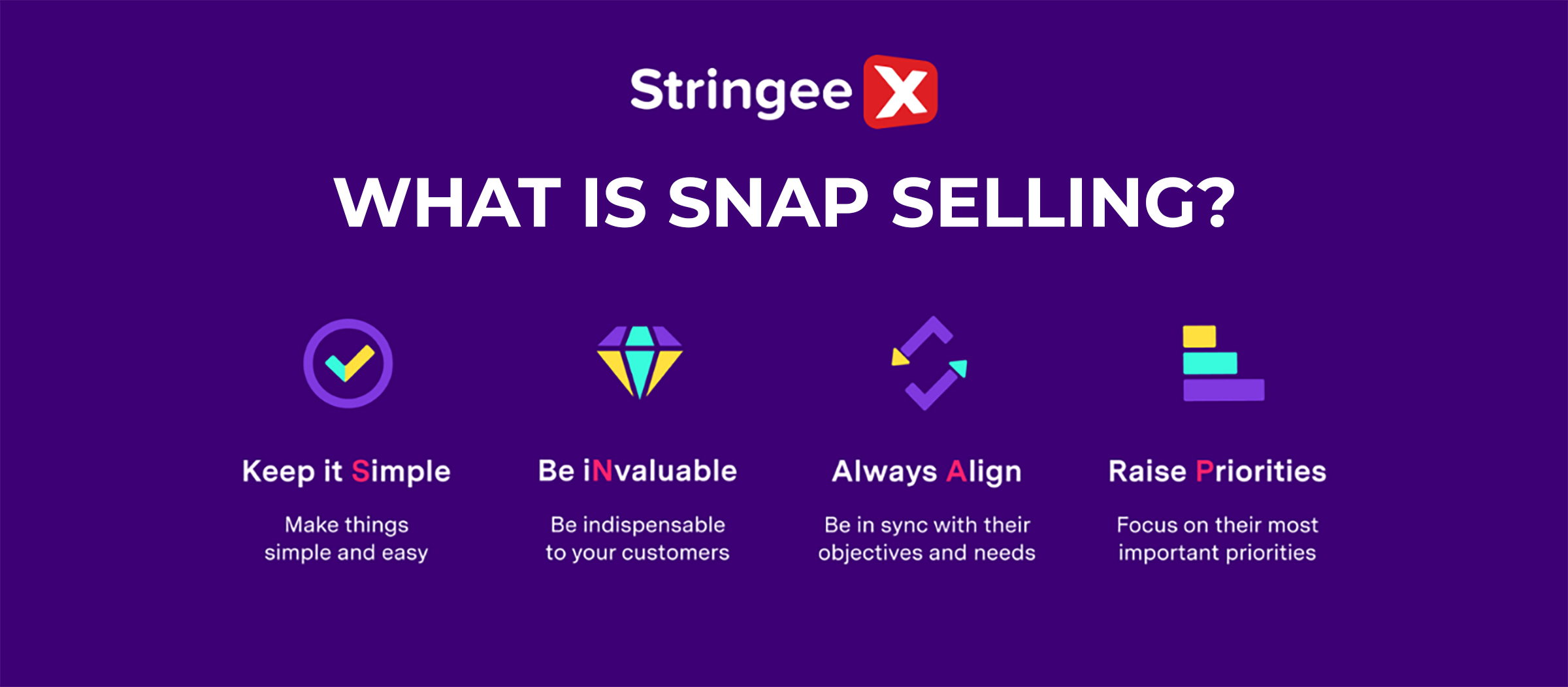Introduction
Sales management is essential for a sales team to perform productively. The managers will be involved in every step of the way, from setting business goals, developing strategies, and establishing a sales force to implementing techniques to achieve the objectives. Continue reading to learn more about the importance of sales management!
What is Sales Management? 4 Key Objectives
Sales managers are responsible for building a sales force. Source: Pix4free
Simply put, sales management is the process that guides the sales team to reach the preset targets. This process encompasses anything from establishing a sales team, coordinating the sales activities within the business, and implementing strategies to meet or even exceed the goal.
In particular, sales managers have to recruit and train sales reps to build a quality sales force. Then, they will set measurable sales objectives, conduct market research, and analyze data to develop sales management strategies. Their job is also to guide and encourage the sales team to do their best, ensuring everything is on the right track.
Additionally, sales managers must have a broad market perspective to direct the sales team and promptly respond to customers’ needs.
There are four main objectives of sales management:
- Achieve sales targets: The key goal of sales management is to drive more sales that meet or even surpass the target. The new products should be introduced to the target market, and the sales volume determines the diffusion rate.
- Increase the company’s profit: With more sales comes a higher profit. Sales management guarantees that more products are sold without lowering the price to maximize business revenue and profit.
- Expand the business’s reach: Another primary objective of sales management is to expand the company so that its products can reach a wider customer base. The sales team must identify the pain points of customers and reasons why the sales volume is not as expected. This way, they can inform other departments to adjust the product accordingly to drive more sales.
- Boost the company’s financial viability: Regulating and boosting sales directly impact the financial viability of a company. Sales managers need to take the business’s financial position into account when setting sales targets.
What Is The Importance Of Sales Management?
DAGMAR Of The Marketing System
The DAGMAR method stands for defining advertising goals for measured advertising results. This sales strategy sets specific objectives for an advertisement campaign and assesses its outcomes.
Marketing and sales must go hand in hand for effective results, and sales management assists in converting the selling and marketing plans into activities. This ensures the sales goals are measurable and achievable, which requires the sales managers to have a deep understanding of selling and marketing.
Improves Product Development
Sales management can help with product development. Source: Flickr
An effective sales management approach should keep the sales reps connecting with customers to identify what they like and dislike about the product. The sales team also has to pay attention to the market and competition to determine if their product features stay relevant and address users’ needs.
The constant customer feedback loop, combined with market data, streamlines the product development process. In particular, the company might introduce or eliminate new features or even launch a new product that resonates with customers. This strategy helps boost sales volume and profits.
Manages The Sales Force And Sales Information
As mentioned, sales managers stand behind a powerful sales team. They are in charge of recruiting sales reps, training new hires, supervising, and compensating them.
Ongoing training is also conducted to equip the staff with up-to-date knowledge and required skills for better sales team performance. When these associates perform at their best, the sales volume also witnesses a significant rise.
Another duty of sales managers is to collect customer data, such as their preferences, interests, behavior, and income. This data gives them valuable customer insights into the buying power of the customer base, thereby adjusting the selling plans accordingly.
Optimizes Distribution
A sales management program gives you a big picture of how much and where you sell your products. This means you will know the sales volume through different distribution channels, such as retailers, wholesalers, or online platforms. Understanding this empowers you to distribute the products more strategically and know where to allocate more marketing and sales efforts.
For example, let’s say the sales volume in retail channels falls short compared to online ones. Then, you can run promotions to draw more in-store customers. Otherwise, upgrading the packaging and training the store associates also leave a good impression among retail buyers.
Better Time Management
Managers can also monitor the sales reps’ time management and identify areas for improvement. For instance, if you notice the sales team allocates too much time on repetitive tasks, you can invest in AI sales management tools to facilitate the sales process.
Take StringeeX’s omnichannel contact center, for example. The automated call center enables you to monitor every call and give real-time feedback to the agents, optimizing customer satisfaction.

Motivates Sales
It goes without saying that effective sales management is linked to higher sales volumes. If a sales manager can control the selling and marketing process and sales representatives can pique buyers’ interest in the product, they can seal a successful deal.
Better Financial Decisions
The best-sellers don’t necessarily bring you the most money due to their low-profit margins, while goods with low sales volumes and high-profit margins might still be profitable. So, which one to continue manufacturing?
A sales report comes in handy in this case. It shows you clearly which items make the most profit and which bear a high overhead cost. Based on the reported data, sales managers have to weigh the profit margins and production costs to decide whether to discontinue or continue selling a product.
Improves Staff Quality And Better Sales Coaching
Sales management improves staff quality. Source: Pix4free
As mentioned, after building a quality sales force, sales managers must frequently train their staff to ensure consistent performance. They have to equip their sales reps with product knowledge and essential skills for customer calls, presentations, and even writing. Regardless of the technique the sales professional uses, the ultimate goal is to close the deal.
Additionally, with a sales management program, managers can identify bottlenecks, issues, and challenges early on so that they can step in to assist the sales staff promptly. This ensures a seamless experience for buyers.
Establish A Solid Brand Identity
Selling is no longer forcing users to buy products by all means. The sales team should focus on delivering product features that address each customer’s needs. In other words, it’s about providing tailored solutions rather than selling as many goods as possible to customers.
This approach helps build a positive reputation and brand identity in the long run. It’s your brand’s credibility and image that persuade buyers, not any aggressive sales techniques.
Evaluate The Sales Performance
A sales management program allows managers to keep a close eye on sales performance. Once they detect any shortcomings, they will make informed decisions to ensure everything is on the right track. This continuous adaptation is key to maximizing sales volumes.
Conclusion
The importance of sales management is undeniable in businesses. This program offers managers complete control over the selling process while collaborating with other teams like marketing and product development to optimize sales.
Still have other questions boggling in mind? Contact StringeeX for assistance!











